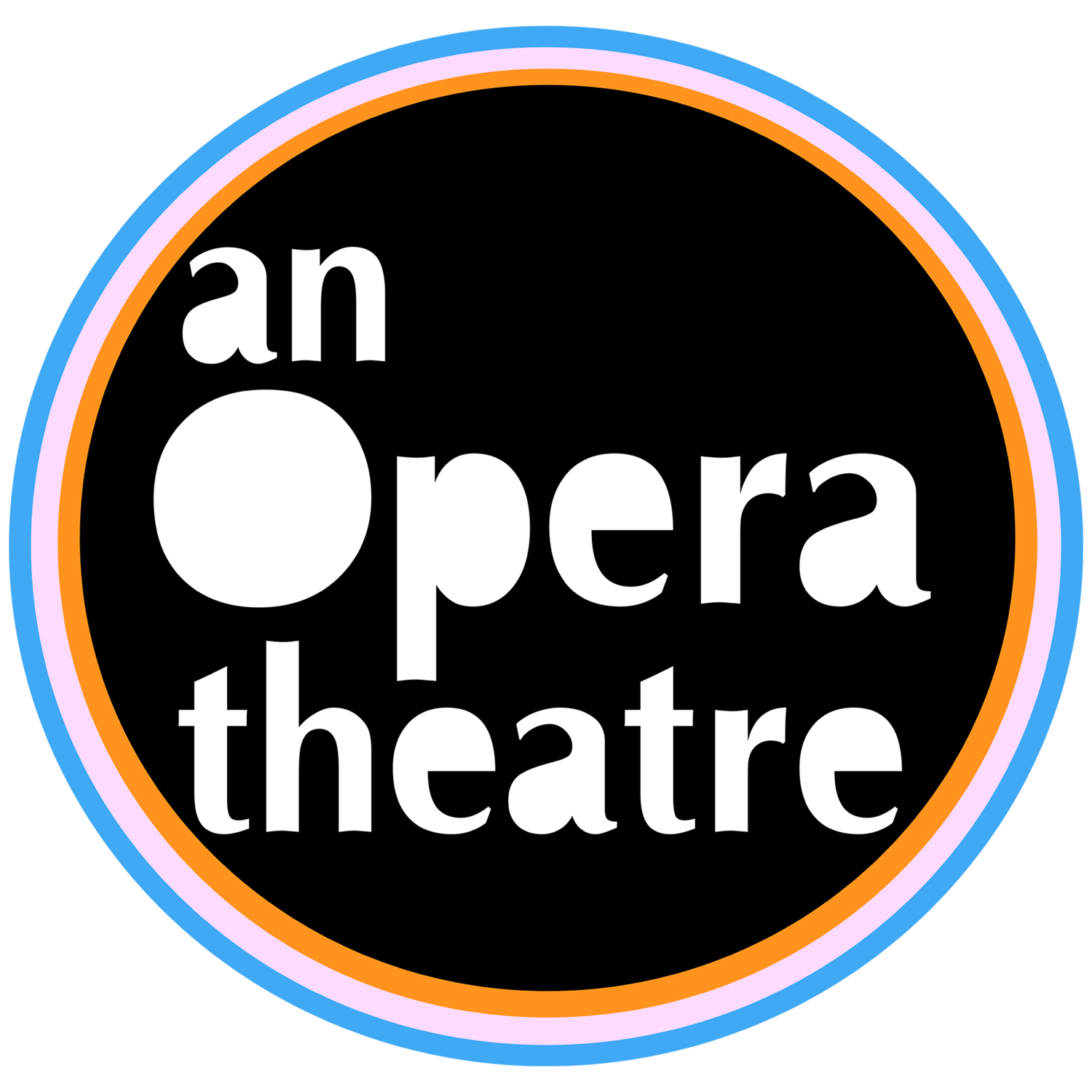Q & A With Composer Robert Elhai
You’ve given us some of the most exciting musical fusion in IMR. How did you do it? Where did you begin?
I started with the story, naturally! And the first thing I wrote was the zoom school scene. Finding the sounds for Ms. T on the one hand and the students on the other.
Which character do you most relate to in IMR?
Leo reminds me the most of myself, though I hope I wasn’t that obnoxious!
What/who made you want to be a composer?
I started composing and arranging as a child and got lots of encouragement. In college, I decided I should make it a career.
What was it like composing an opera with a time limit of 15 minutes?
It was wonderful to have such a narrow focus--and it was great that it was doable in a relatively short amount of time
When were you first introduced to opera?
I think the first opera I saw was Rise and Fall of Mahgonny by Brecht and Weill. That was in college. By then I was thoroughly familiar with musicals and was very excited about how Kurt Weill brought popular forms to the opera world.
How did you first launch into composing for major motion pictures? And how have you balanced living in both worlds?
I was working for composer Elliot Goldenthal when he was approached to do the score for Pet Sematary back in 1989. That led to his ground-breaking score to Alien 3, and from then on I was in the film business. I’ve always thought of film as a day job - my real passion is for live performances like musical theater or opera - but it has been a fantastic medium to practice telling stories with music.
What’s the major differences as a composer in working on films vs. theater? Do you have a preference?
Composers working in film have the advantage and disadvantage of writing music that is destined to be recorded instead of performed live. There is much more control over the output, but it lacks that frisson of people all creating something in real-time. Also, opera/music theater composers are part of the creation of the piece - flim composers are like incidental music composers for plays; their contributions are more peripheral.
What’s it like when you hear your music interpreted for the first time?
Like watching a building you’ve designed after it’s built. Something that only existed in one’s head is brought to life!
What must you always have when you begin to compose?
Time!
At what time of day do you feel most creative?
Afternoon-evening--I’m not much of a morning person
What have you learned about yourself as an artist during the pandemic?
That what I do is essential--the rest of civilization is simply infrastructure to support the creation of art.
What is your hope for the future of opera?
That there will be an understanding that opera has much more in common with the theater world than the concert music world.
What/who brings you joy?
Family, music, and sitting in endless dress rehearsals watching a show magically come together
TV show you most recently binged?
Columbo (1970’s detective series)
Book on your nightstand?
Between The World And Me by Ta-Nehisi Coates and a bunch of murder mysteries set in 14th century England. And The Odyssey of course
Favorite junk food?
Mother’s frosted animal cookies! I grew up with them, and just in the last few years they’ve become available outside of California.

